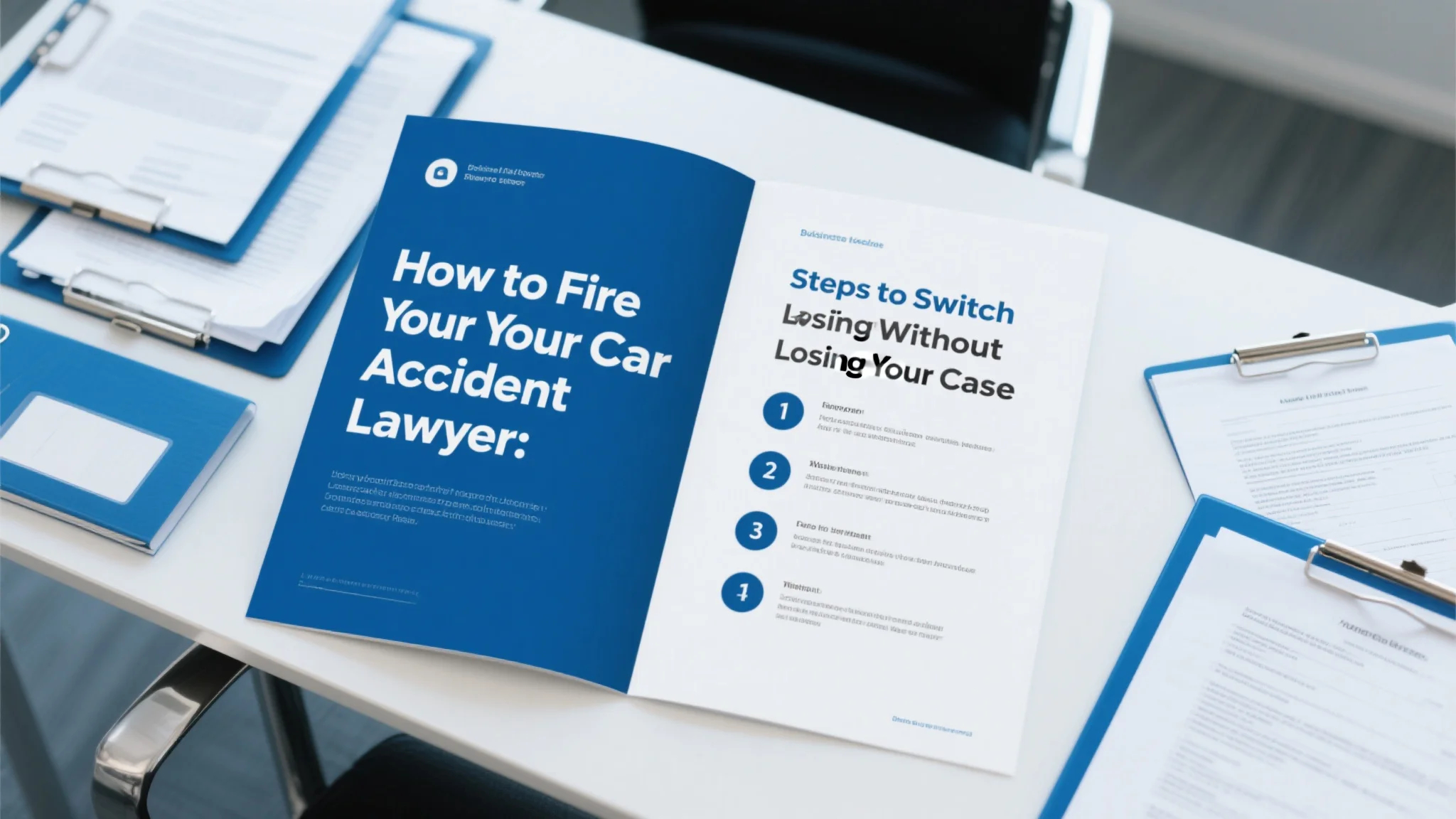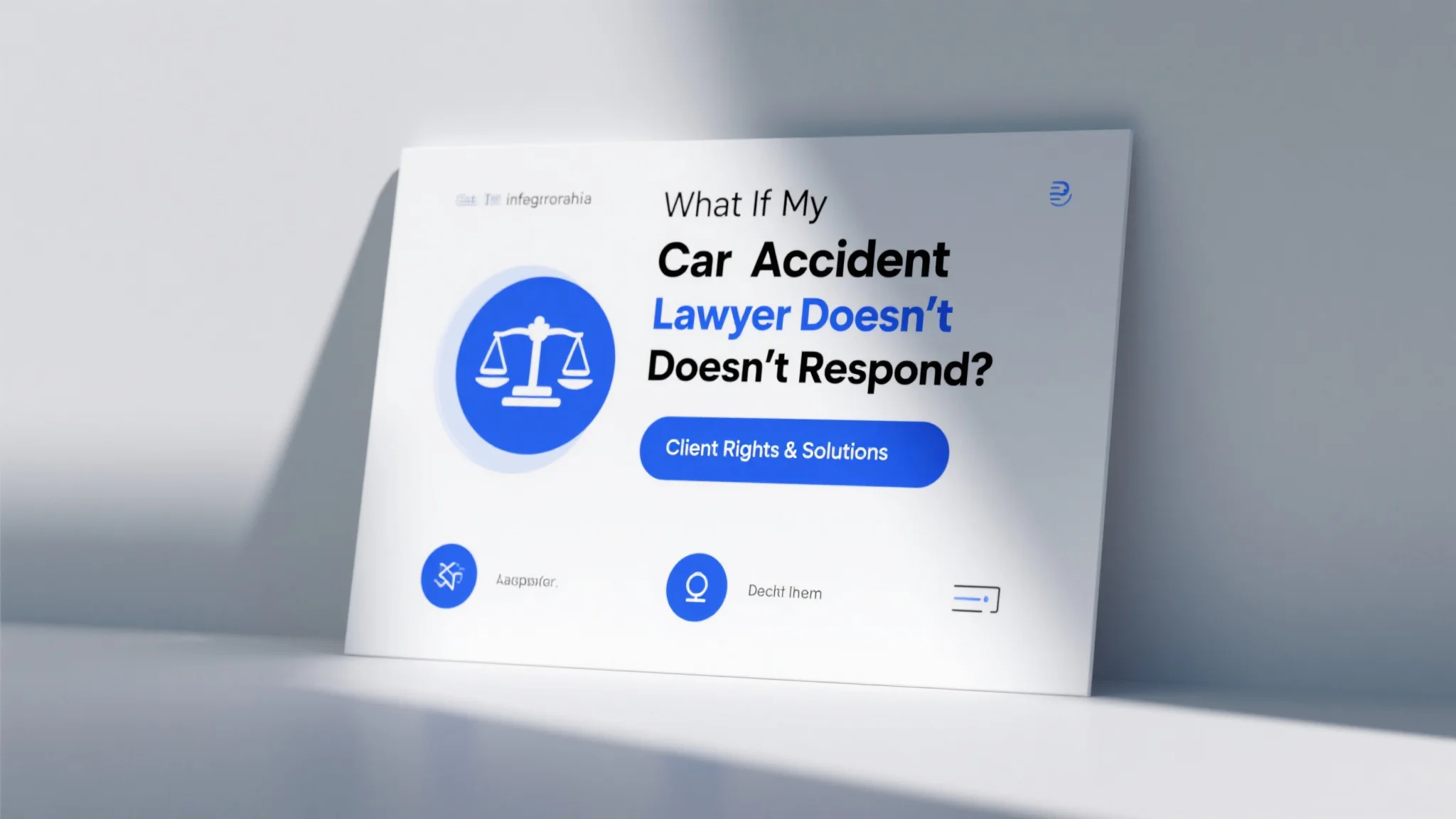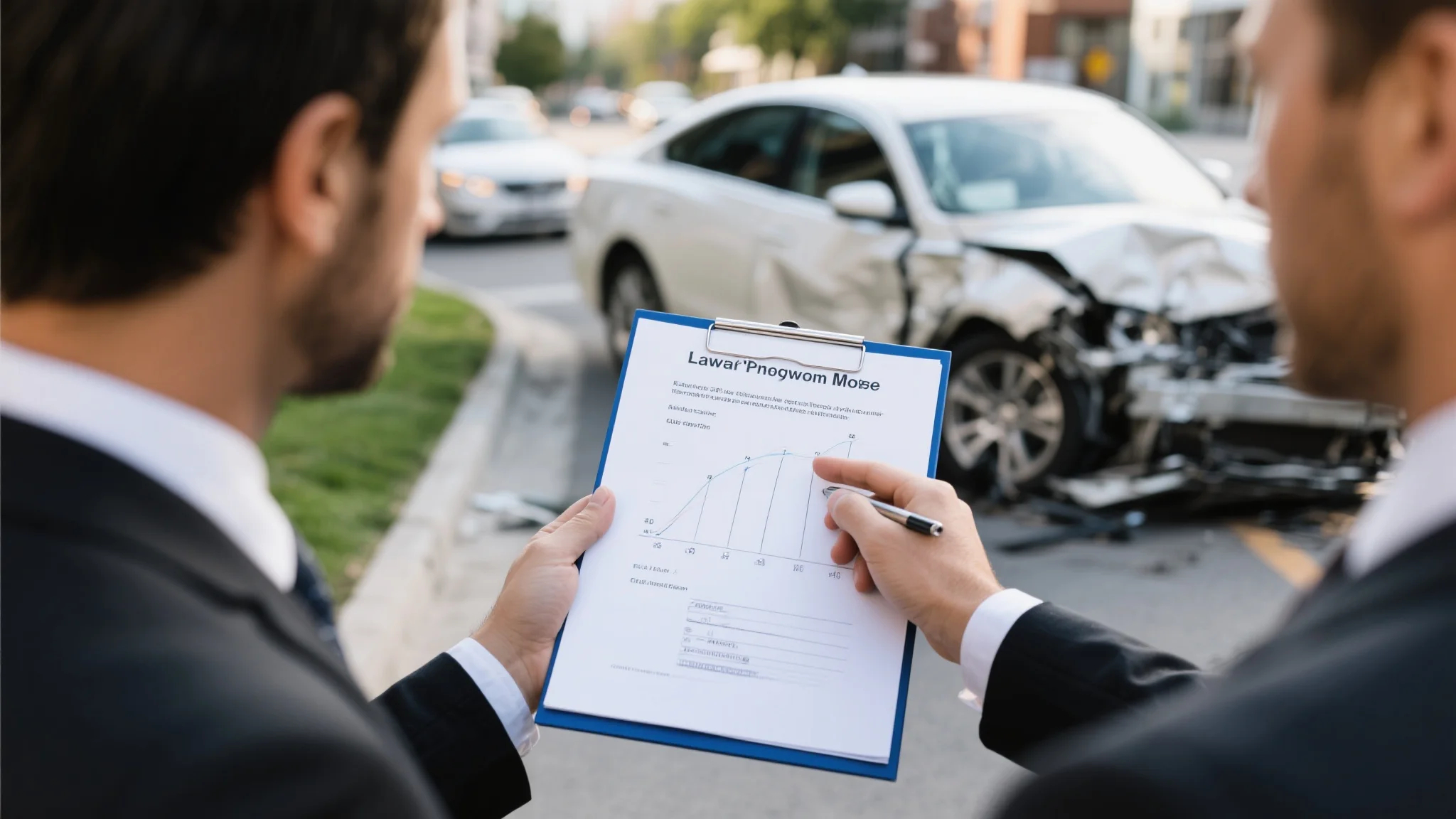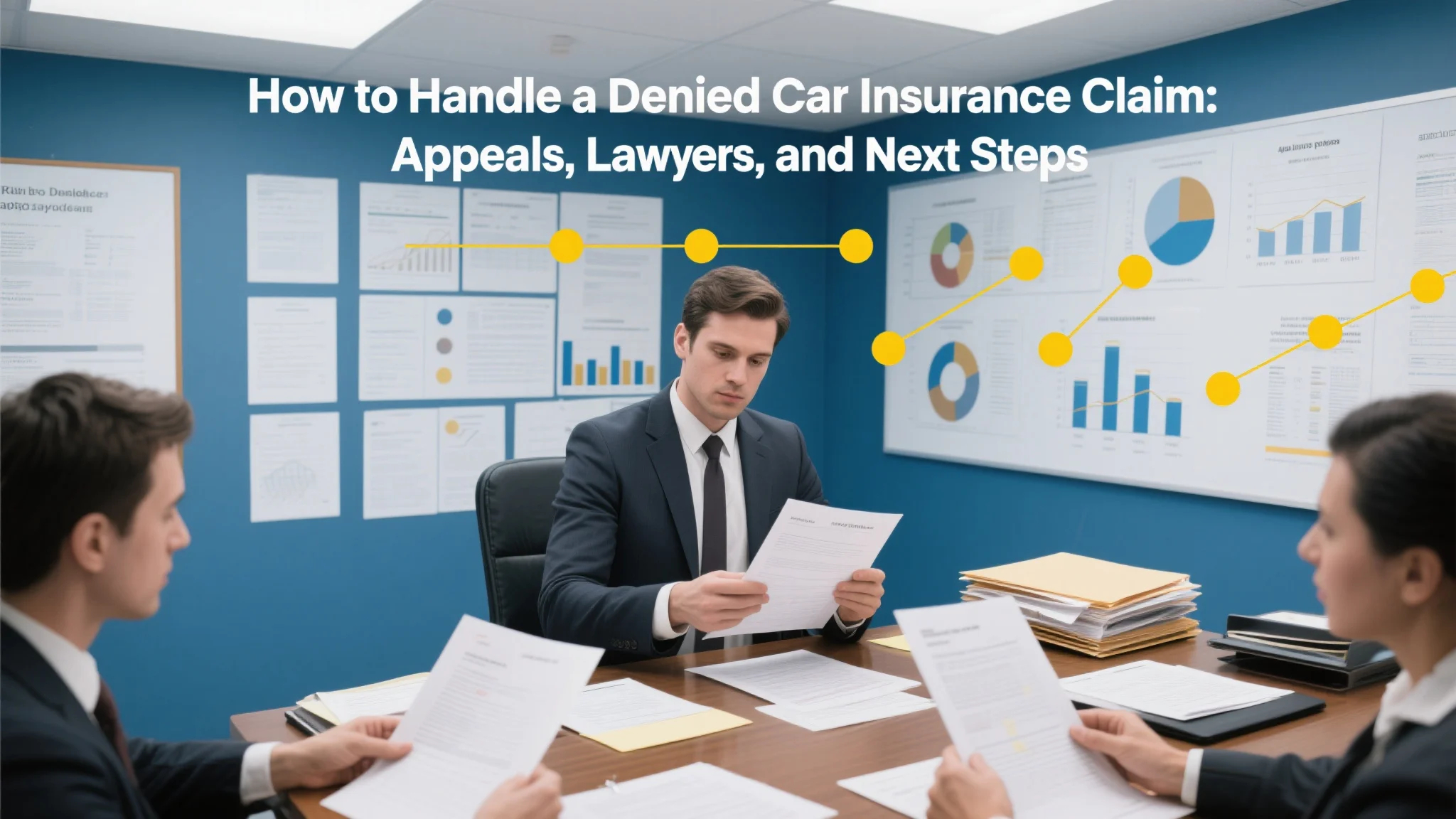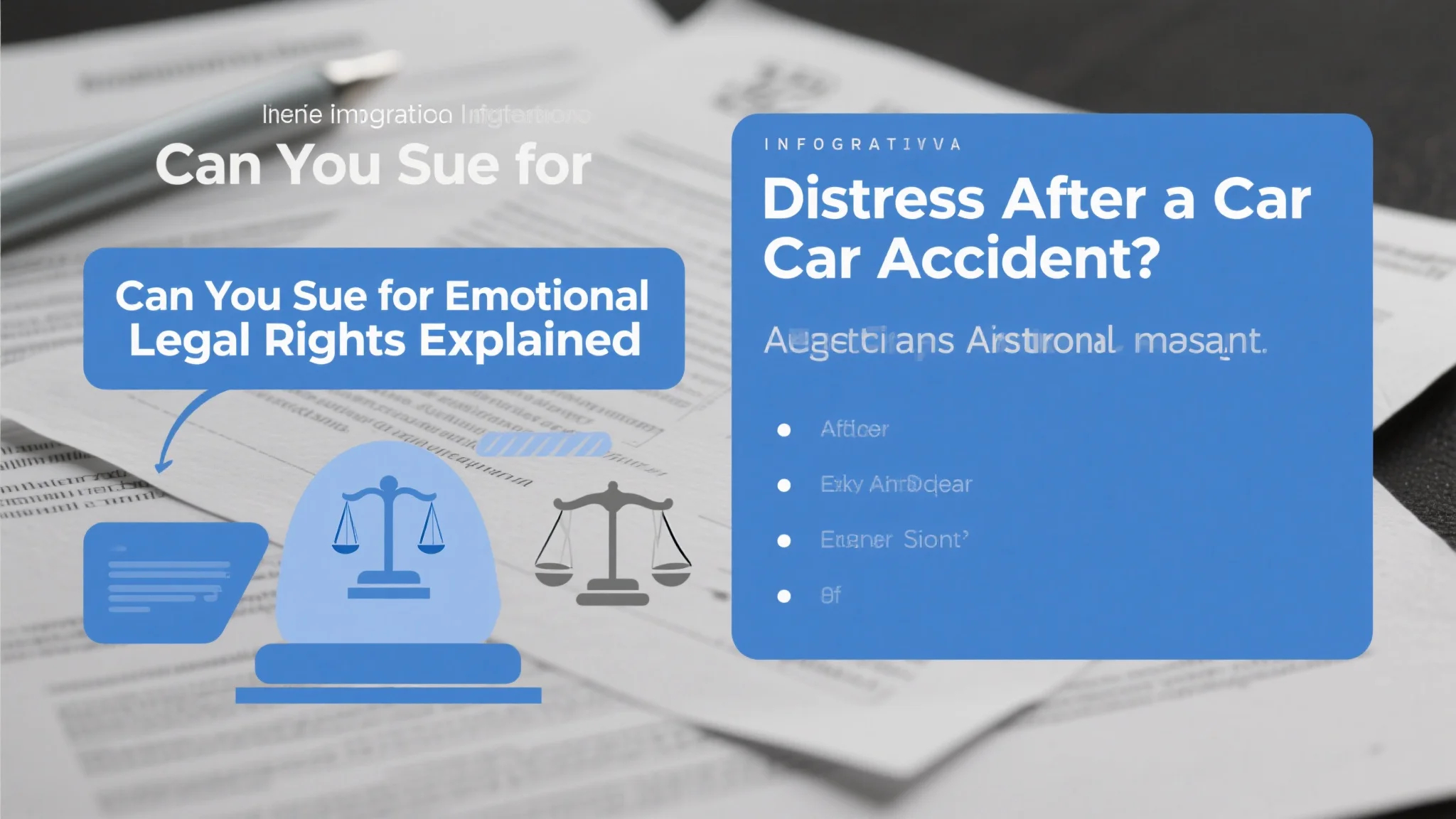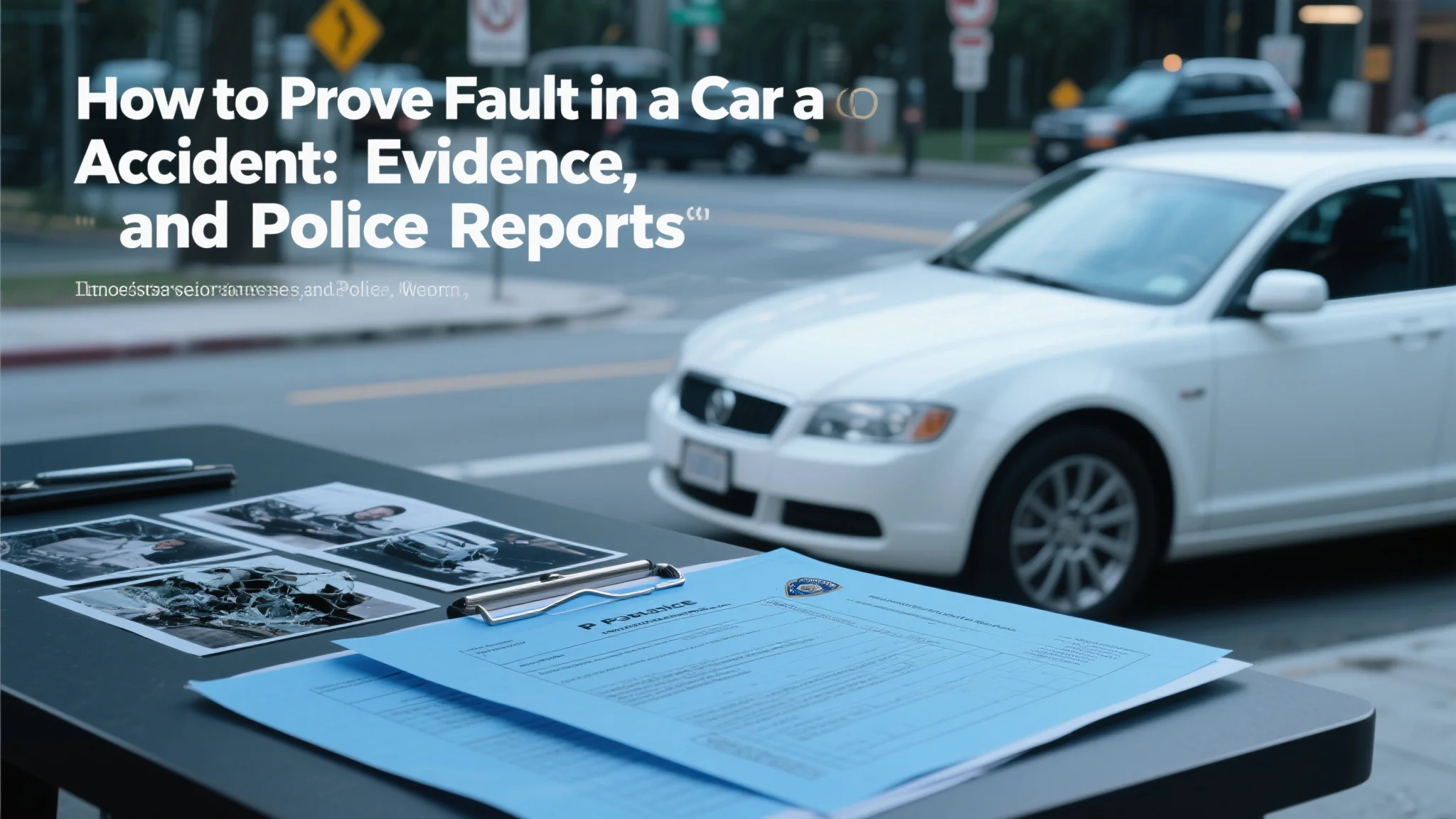Critical Communication Mistakes After an Accident
Many perfectly valid insurance claims get denied due to avoidable insurance claim mistakes in early communications. Saying “I’m fine” at the scene can later be used to dispute injury claims, even if you were in shock. Avoid speculating about fault with phrases like “I think I braked too late” or “Maybe I was going a bit fast”—these become recorded admissions. Never apologize, as insurers interpret “I’m sorry” as accepting blame. Don’t discuss your injuries in definitive terms like “just whiplash” or “only soreness”—early assessments often miss developing problems. Refrain from estimating damage with comments like “It doesn’t look too bad” before professional inspections. Adjusters scrutinize social media posts mentioning the accident or showing physical activity. Most critically, never provide recorded statements without consulting an attorney—insurers train adjusters to ask leading questions that elicit damaging responses. These verbal missteps give insurers excuses to lowball or deny legitimate claims.
Phrases That Trigger Claim Denials
Certain seemingly innocent phrases rank among the most dangerous words to avoid after accident encounters. “I didn’t see the other car” suggests inattention rather than the other driver’s fault. “I think” or “maybe” statements become definitive admissions in adjusters’ reports. Describing pre-existing conditions like “My back has bothered me before” invites blame-shifting. Saying “I’m not hurt” closes injury claims before symptoms develop. Mentioning “just a little pain” minimizes legitimate suffering. Avoid temporal claims like “I felt fine yesterday”—insurers use these to argue injuries aren’t accident-related. Never say “I don’t need an ambulance” or “I’ll tough it out”—this suggests refusing medical care. Phrases like “It happened so fast” undermine your ability to credibly describe events. Instead, stick to factual observations without speculation: “The blue car ran the red light” or “I have neck pain radiating to my left arm.” This measured approach preserves your claim’s integrity.
Proper Documentation Strategies
Preventing insurance claim mistakes requires meticulous documentation from the accident’s immediate aftermath. At the scene, photograph vehicles from multiple angles showing damage and final positions relative to traffic controls. Get witness contact information and brief statements if possible. When police arrive, ensure they document your account accurately in their report. At the hospital, describe all symptoms thoroughly—don’t downplay pain. Follow up with your primary doctor within 48 hours, as delayed treatment suggests minor injuries. Keep a daily journal noting pain levels, missed activities, and emotional distress. Save all medical bills, prescription receipts, and therapy invoices. For lost wages, obtain employer verification of missed work and any used vacation time. When communicating with insurers, follow up phone calls with summary emails creating a paper trail. This comprehensive documentation counters insurers’ attempts to dispute your claim’s validity or minimize your damages.
Handling Adjuster Communications
Insurance adjusters are trained to identify the words to avoid after accident while eliciting damaging statements. During calls, stick to basic facts without elaboration. Answer questions narrowly—if asked “How are you?” respond “My doctor is treating my injuries” rather than discussing symptoms. Decline speculative questions like “Could you have avoided the accident?” with “I’d need to review the police report.” When asked for recorded statements, politely defer until consulting medical providers and completing treatment. Request all questions in writing to prepare accurate responses. Never guess at speeds, distances, or timing—”I don’t recall exactly” is preferable to approximations. If pressured to accept quick settlements, respond that you’ll consider all offers after reaching maximum medical improvement. Remember adjusters aren’t your friends—their job is to pay as little as possible. Keeping communications professional, factual, and minimal prevents giving insurers ammunition to deny or reduce your claim.

Appealing Denied Claims Successfully
When facing unjustified claim denials, understanding denied claim appeal procedures becomes crucial. First, request written denial explanations citing specific policy provisions—vague rejections are easier to challenge. Review your policy’s fine print for potential misinterpretations. Gather additional evidence addressing the stated denial reasons: supplementary medical opinions, accident reconstruction analyses, or eyewitness affidavits. File internal appeals with the insurer first, escalating to supervisors with documented follow-ups. If unresolved, submit complaints to your state insurance department—regulators can compel reconsideration. For complex cases, consult attorneys specializing in insurance bad faith litigation. Many states impose strict timelines for appeals, so act promptly. During appeals, maintain detailed logs of all communications and submitted evidence. Consider alternative dispute resolution if available—mediation often resolves claims insurers initially denied. Persistence pays—many denied claims get overturned when claimants systematically address insurers’ objections with irrefutable documentation.
When to Involve Legal Representation
Certain situations make attorney involvement essential to avoid costly insurance claim mistakes. Seek legal counsel if injuries require hospitalization, surgery, or cause permanent impairment. Cases involving disputed liability, commercial policies, or government vehicles typically need professional handling. If the insurer denies your claim despite clear evidence, lawyers can file bad faith lawsuits triggering additional damages. Attorneys prevent you from making recorded statements or signing documents that jeopardize claims. They know how to calculate all potential damages insurers routinely lowball—future medical costs, lost earning capacity, and intangible losses. Legal representation is particularly valuable when insurers use aggressive tactics like surveillance, defense medical exams, or depositions. Most personal injury lawyers work on contingency (paid only if you win), with free initial consultations. Their ability to file lawsuits preserves your leverage—insurers offer more when facing credible litigation threats. While minor fender-benders might not justify attorneys, serious accidents involving injuries or complex liability issues almost always do.
Special Considerations for Recorded Statements
Insurers frequently request recorded statements hoping to catch claimants using the words to avoid after accident. Before agreeing, understand your rights—some states limit when insurers can demand recordings. Prepare thoroughly with an attorney, reviewing police reports and medical records first. During recording, answer only the specific question asked—no volunteering extra information. If unsure, say “I don’t recall” rather than guessing. Correct any misunderstandings immediately—”To clarify my earlier answer…” Avoid absolutes like “never” or “always” that adjusters can disprove. Describe injuries factually without medical jargon—”stabbing pain when turning my head” not “C2-C3 disc herniation.” Never speculate about fault or accident causes. Request a copy of the recording and transcript for your records. Better yet, have your attorney present during the statement—this often motivates adjusters to behave more fairly. Remember these recordings become permanent claim records scrutinized for any inconsistencies to deny or reduce your compensation.
Maximizing Your Claim’s Value
Avoiding common insurance claim mistakes directly impacts your settlement amount. Wait until reaching maximum medical improvement before finalizing injury claims—premature settlements forfeit rights to compensation for later complications. Document how injuries affect daily life—missed events, household help needed, or canceled vacations. For wage loss, include not just missed work but also used vacation/sick days and lost opportunities like promotions. Present organized evidence in clear formats adjusters can easily process—bulky disorganized medical records often get overlooked. Remain flexible on minor points but firm on adequate compensation fundamentals. Polite persistence with thorough documentation typically yields better outcomes than aggressive confrontation. Even after settling, keep all accident-related documents indefinitely—some injuries manifest years later, requiring proof of origin. Following these guidelines helps ensure you receive full compensation without providing insurers excuses to deny or undervalue your legitimate claim.
Preventing Social Media Disasters
In today’s connected world, social media posts rank among the most common denied claim appeal triggers. Insurers actively monitor claimants’ profiles for evidence contradicting injury claims. Even innocent photos—smiling at a party or carrying groceries—get misconstrued as proving you’re not really injured. Avoid discussing the accident, your recovery, or case details online. Adjusters mine old posts for pre-existing condition evidence. Deactivate location tags and avoid check-ins at gyms or recreational venues. Set all profiles to private and don’t accept unfamiliar friend requests—insurers sometimes create fake accounts to access your posts. Tell family/friends not to tag you or mention your accident in their posts. Assume anything you share electronically could become claim evidence. If you must use social media during claims, stick to completely unrelated topics. Better yet, take a hiatus until your case resolves. What seems like harmless sharing often provides insurers the perfect excuse to deny or reduce your hard-earned compensation.

